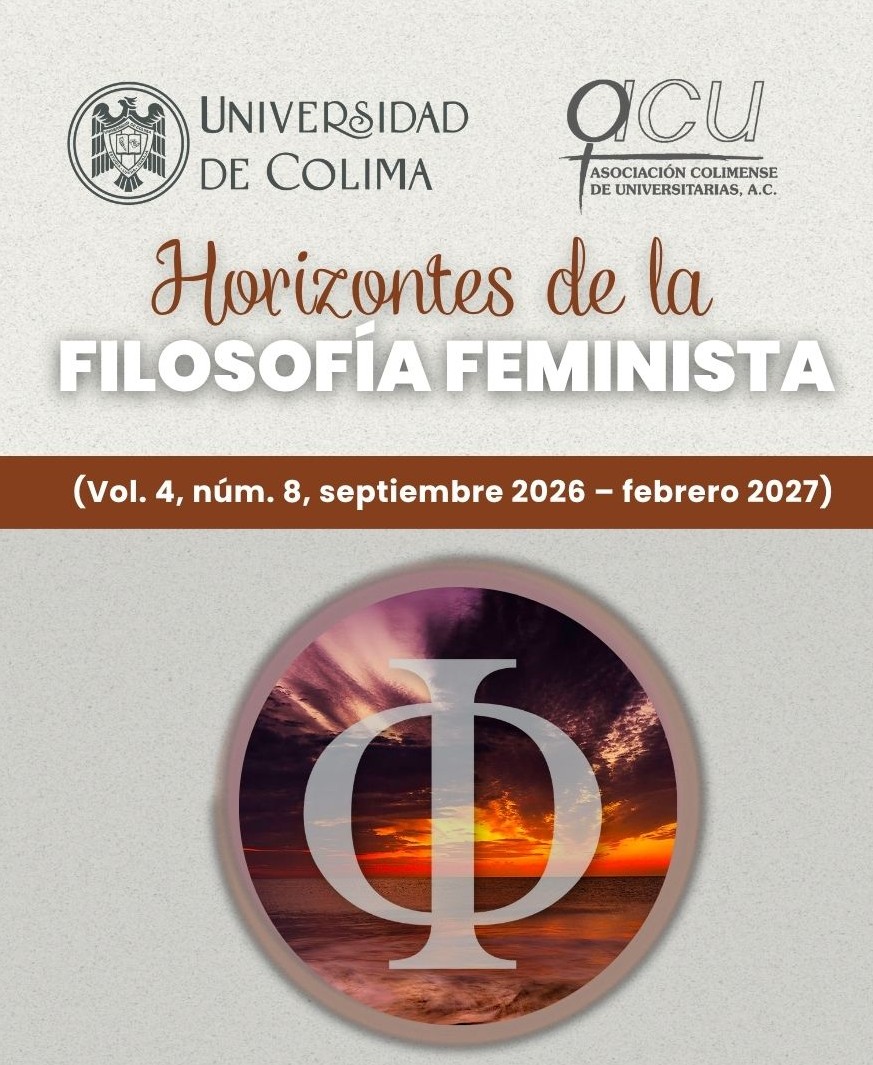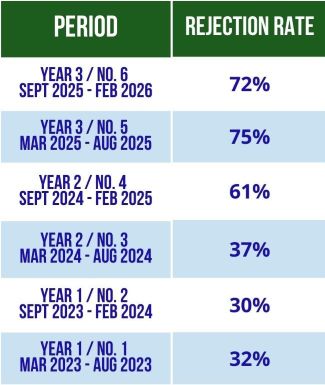Forming a homoparental family in Yucatán:
some experiences from the narratives of its members
Keywords:
family, homoparentality, sexual diversity, family diversity, human rightsAbstract
This study describes some experiences of members of homoparental families of Mérida, Yucatán, on their conformation, since the meeting of the couples and the birth or inclusion of children today. Family meanings and values are explored, as well as experiences of parenthood and of confronting challenges and problems collectively. In-depth interviews were conducted with the members of three families with at least ten years of having been formed, one with two parents and two with two mothers, all of them with children of different ages. The analysis of the interviews was carried out following the principles of grounded theory. The results characterize diverse families in a similar way to other traditional families, although with the distinctive element of recognition of sexual diversity and the challenges associated with it. Finally, a discussion is presented about the need to recognize all rights for all families.
Downloads
Metrics
References
Amador, L.V y Musitu, G. (2011). Exclusión social y diversidad. México: Trillas.
Beck-Gernsheim, E. (2003). La reinvención de la familia. España: Paidós.
Beutler, I. F.; Burr, W. R.; Bahr, K. S. y Herrin, D. A. (1989). The Family Realm: Theoretical Contributions for Understanding Its Uniqueness. Journal of Marriage and the Family, 51, pp. 805-816.
Caudillo, C. y Cerna, M. A. (2007). Sexualidad y vida humana. México: Universidad Iberoamericana.
Consejo Nacional para Prevenir la Discriminación (2011). Encuesta Nacional sobre Discriminación en México: ENADIS 2010. México: Consejo Nacional para Prevenir la Discriminación.
Flores, R. (2007). Representaciones de género de profesores y profesoras de matemáticas y su incidencia en los resultados académicos de alumnos y alumnas. Revista Iberoamericana de Educación, 43: 103-118.
Goldberg, A. (2010). Lesbian and gay parents and their children: Research on the family life cycle. Washington, DC: American Psychological Association.
Lerner, S. y Melgar, L. (2010). Familias en el siglo XXI: realidades diversas y políticas públicas. México: Universidad Nacional Autónoma de México.
Lévi-Strauss, C. (1949). Les structures élémentaires de la parenté. Paris: École des Hautes Études en Sciences Sociales.
Paige, R. U. (2005). Proceedings of the American Psychological Association, Incorporated, for the legislative year 2004. Minutes of the meeting of the Council of Representatives July 28 & 30, 2004, Honolulu, Hawaii, and Minutes of the February, April, June, August, October, and December 2004 Meetings of the Board of Directors. American Psychologist, 60 (5): 436-511.
Programa de las Naciones Unidas para el Desarrollo (2016). Informe sobre Desarrollo Humano 2016. Nueva York, EE. UU.: Programa de las Naciones Unidas para el Desarrollo.
Segalen, M. (1992). Antropología histórica de la familia. España: Taurus Ediciones.
Sitios Web:
González, R. (2016, 9 de septiembre). Marcha por la familia. En: Diario de Yucatán. Consultado el 12 de septiembre de 2018. Disponible en http://yucatan.com.mx/editoriales/marcha-la-familia-5.
Portugal, R. (2011). Estudios sobre homoparentalidad: revisión científica y análisis metodológico. En: Federación Estatal de Lesbianas, Gais, Trans y Bisexuales. Consultado el 10 de septiembre de 2008. Disponible en http://www.felgtb.org/temas/familias/documentacion/investigaciones/i/1382/531/estudios-sobre-homoparentalidad-revision-cientifica-y-analisis-metodologico.
Downloads
Published
How to Cite
Issue
Section
License

This work is licensed under a Creative Commons Attribution-NonCommercial-ShareAlike 4.0 International License.
GénEroos Magazine allows you to share, copy and redistribute the material in any medium or format; adapt, remix, transform and build upon the material, crediting the work appropriately and providing a link to the licence, indicating if changes have been made.








